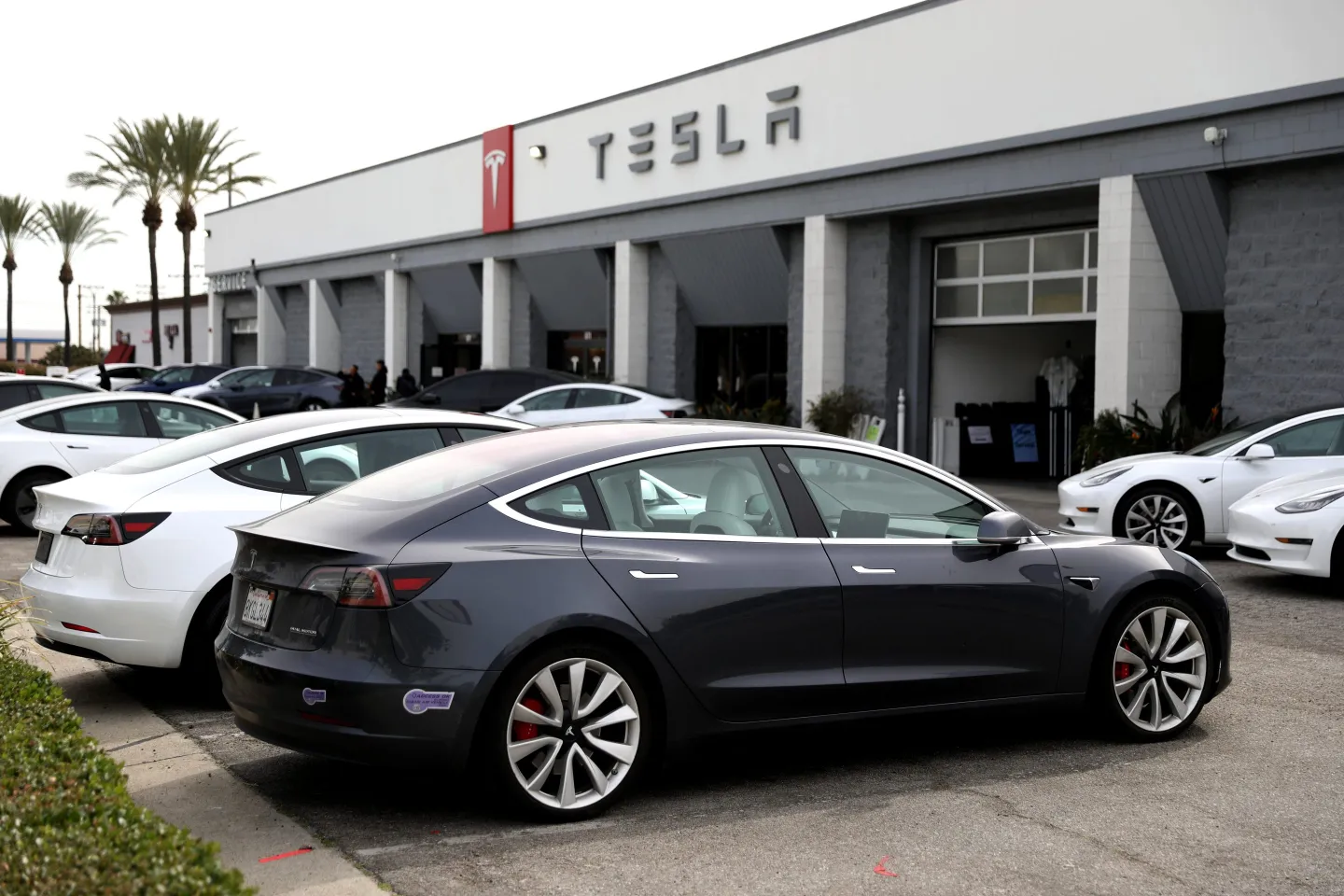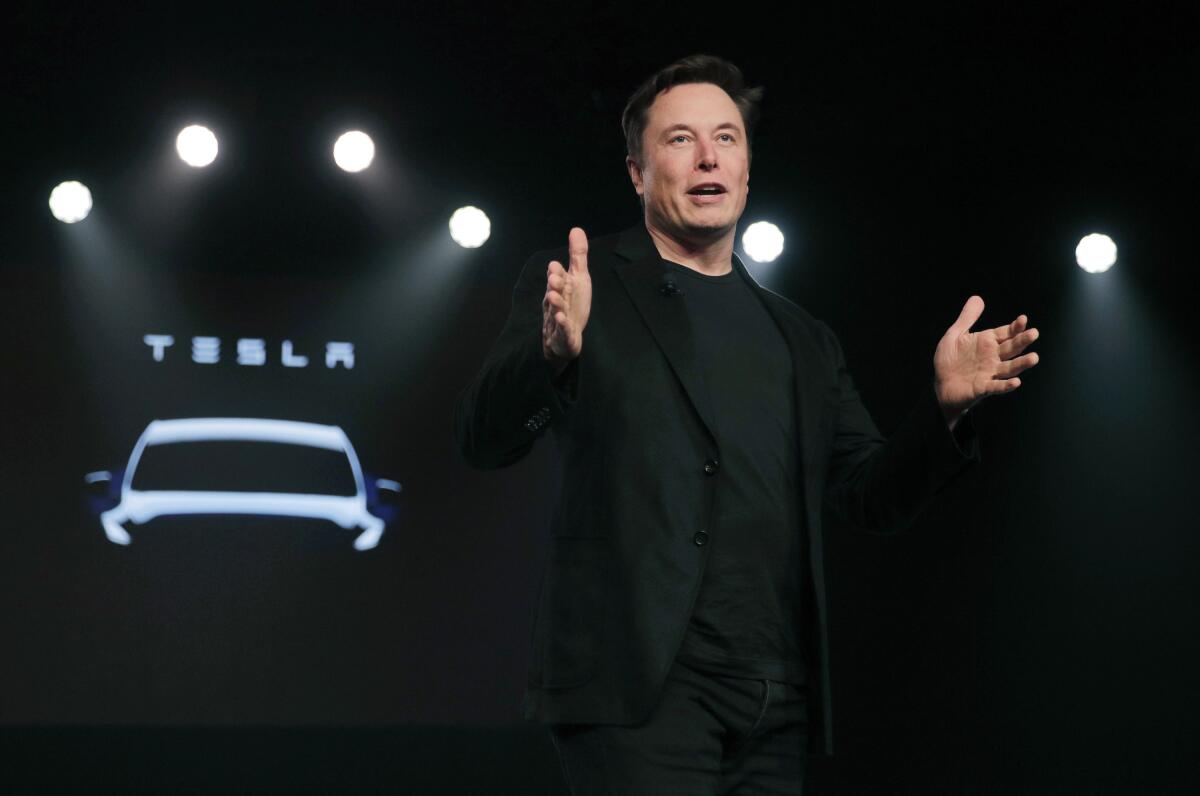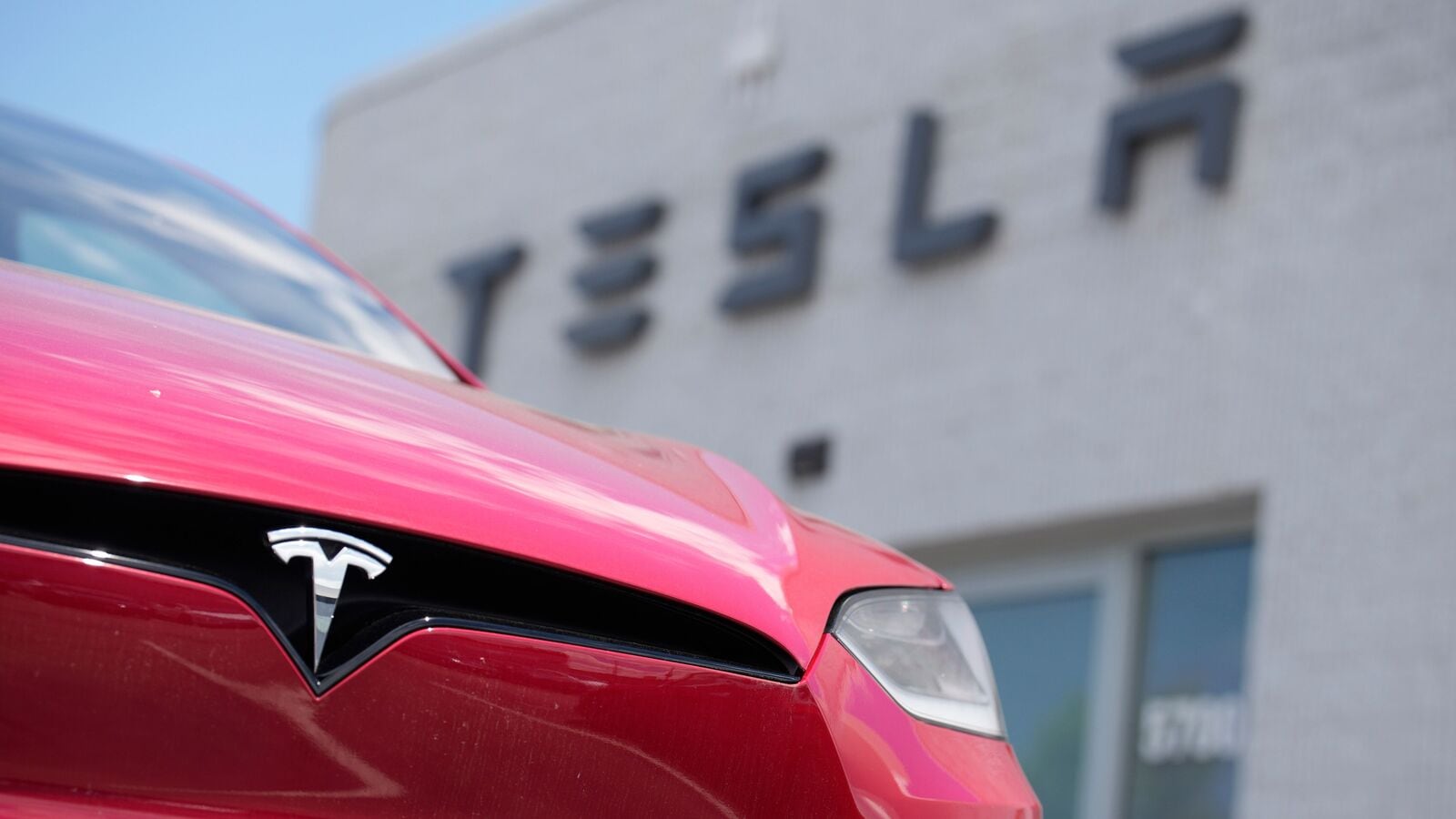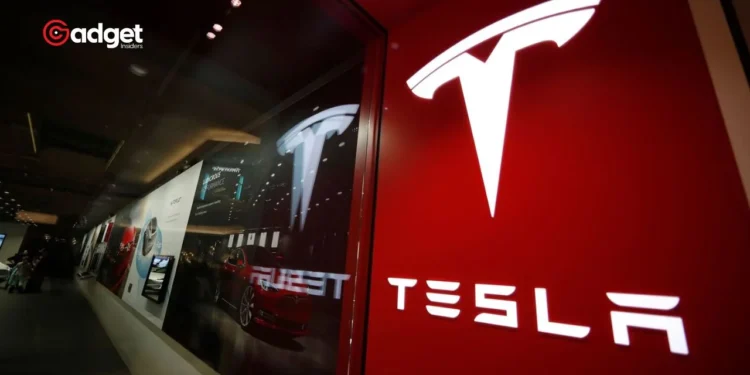Tesla, the renowned electric vehicle (EV) manufacturer, has recently settled another lawsuit following a tragic incident involving its Autopilot technology. This settlement marks yet another challenging chapter for the company amidst various controversies surrounding its products and operations.

A Tragic Incident Resolved Out of Court
In a quiet resolution that avoids the spectacle of a court trial, Company has reached a settlement over a deadly crash that occurred in 2016. The crash involved a Model S sedan equipped with Tesla’s advanced Autopilot technology, leading to a passenger’s death. The incident, which took place when the vehicle suddenly accelerated and collided with a tree, resulted in the vehicle catching fire due to a battery explosion.
🚨𝐓𝐞𝐬𝐥𝐚 𝐢𝐧 𝐡𝐨𝐭 𝐰𝐚𝐭𝐞𝐫.🚨
Closing arguments are about to begin in the first U.S. trial over a Tesla Autopilot fatality. The case could have implications for similar cases nationwide. The civil lawsuit alleges that Tesla's Autopilot system caused a crash that… pic.twitter.com/wCLw7d7wDW
— Right Angle News Network (@Rightanglenews) October 24, 2023
The legal battle centered around Casey Speckman, the driver, who tragically lost control of the vehicle. The lawsuit filed by the family claimed the vehicle had inherent issues that contributed to the accident. According to the complaint, “The propensity of the vehicle to catch fire, as well as the defective design of the door latch system, entrapped [the passenger] in the vehicle, leading to fatal consequences.”
Tesla’s Legal Challenges and Safety Concerns
Tesla initially countered the claims, suggesting no fault in the vehicle’s design and argued that Speckman did not attempt to brake before the crash. However, the court rejected Tesla’s motion to dismiss the case, leading to the eventual settlement before the trial could commence. This decision underscores ongoing concerns regarding the safety and reliability of Tesla’s Autopilot feature, which has been under scrutiny following several similar incidents.

The settlement comes on the heels of another recent agreement involving a high-profile case with an Apple engineer in 2018, where a Model X veered off the road, resulting in a fatal accident. These cases highlight the critical scrutiny facing Autopilot technology and the broader implications for automotive safety standards in the burgeoning era of autonomous vehicles.
The Broader Impact on Tesla and the Auto Industry
As company navigates through these legal challenges, the company faces significant pressure to enhance the safety features of its vehicles. The incidents have not only impacted Tesla’s reputation but also sparked a broader discussion on the safety regulations of autonomous driving technology in the automotive industry.

The resolution of these lawsuits likely aims to mitigate negative publicity and potential financial repercussions while ensuring the company can focus on improving its technology. Nevertheless, the continuous scrutiny from both the public and regulatory bodies suggests that Tesla, along with the rest of the auto industry, has a long road ahead in perfecting autonomous driving technologies to ensure they are safe for public roads.
As Tesla moves forward, the company’s commitment to addressing these critical issues will be paramount in shaping the future landscape of autonomous vehicles. The industry’s journey towards safer and more reliable autonomous driving technology continues, with company at the forefront of both innovation and controversy.










